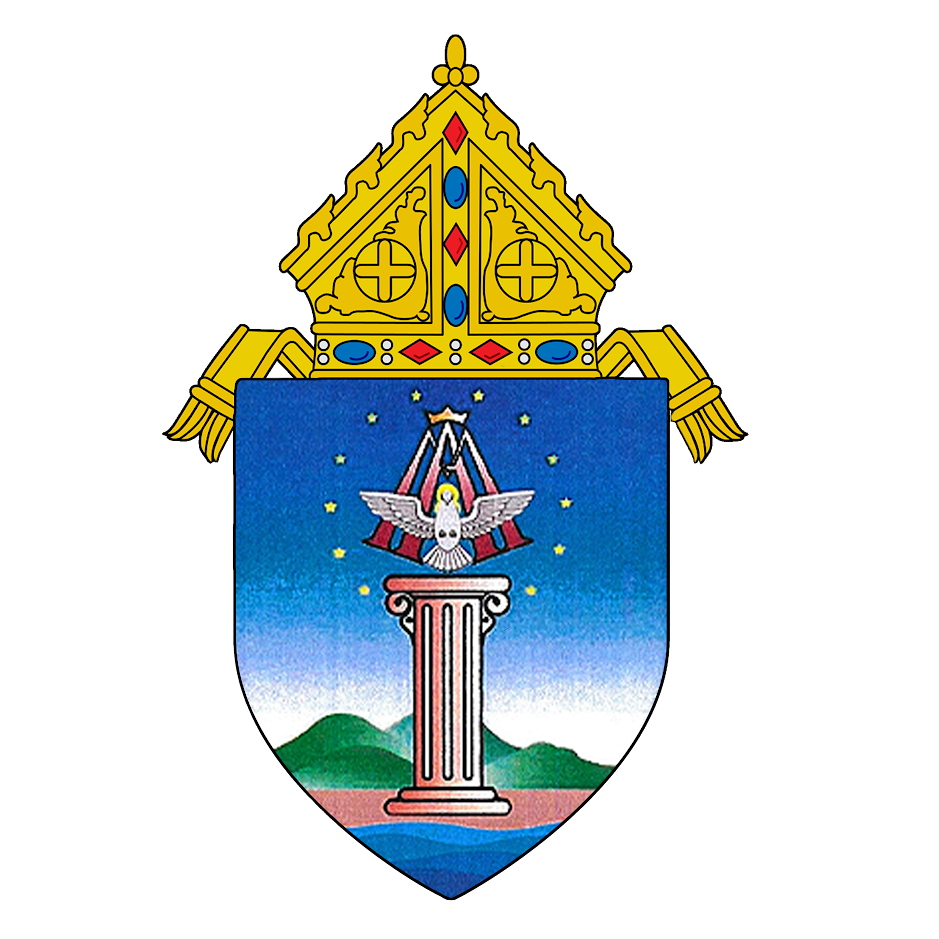Diocesan Pastoral Priorities for Evangelization
By Kathryn Kagawan Salvan
Diocesan Pastoral Priorities for Evangelization (DPP-E) is one of the programs of the Golden Jubilee
that serve as the strong foundation of our faith and commitment as faithful. The activities and
programs shared and engaged everyone to be revitalized and be renewed spiritually guided by the
programs of the DPP-E. It also strengthened the parishioners and moved them to become responsible
agents of social transformation through catechetical formation programs.
DPP-E formators guided by the mission of evangelization was implemented to renew and fortify our
faith through modules, ministries, and trainers’ trainings. In the Pastoral Teachings of the Diocese
of Imus, Cavite, on Social Issues (1993-2010): A Historico-Theological Analysis, remarked that the
Diocesan Pastoral Priorities for Evangelization (DPPE) is the response of the Diocese on the social
issues that served as challenges as a “People of God” – the ability of the faithful to be
people-oriented, pro-life, become stewards of creation, and nationalistic.
The understanding of the DPP-E aims to reach out, to inspire, and to relight the faith centering on
the roles and responsibilities of being a parishioner, preserving life, serving the nation, and
acknowledging the presence of all creations of God. The modules were created focusing on the
following pagbabalik tanaw, pagbubuklod Kristiyano, mga kaloob at Kristiyanong partisipasyon,
pagtutulungan at pagdadamayan and istraktura ng pastoral council.
DPP-E is a realization of the Second Dream Plenary Council in the Philippines (KPP II) that we
become a collective body of disciples who respond to the “signs of the times.” Bishop Manuel
Sobreviñas has been in charge since 1993, when the decree of KPP II, which became an important
foundation of the very first Diocesan Pastoral Assembly (1999). In the year 2001, Bishop Luis
Antonio Tagle, on the other hand, continues to nurture and bear fruit in the planted seed, which
eventually grew as DPP-E, where the Diocese became a venue for the parishioners to know more and to
encounter God not only centering on prayers, but more on catechism, liturgy, and devotions.
The Golden Jubilee enriched the DPP-E as a collective action that accentuated the missions through
the following five Apostolados and ministries, namely: the apostolado ng pagkilala sa Diyos,
apostolado ng kaayusan, apostolado ng pangangalaga sa tao, apostolado ng pagtataguyod sa buhay, and
apostolado ng pamamahala sa kalikasan.
The Diocese becomes the solid foundation amongst the faithful “allowing a venue to encounter God as
the initial stage of getting to know God and ourselves, as beings, and vessels for evangelization
not only through prayers, but more on the catechism, liturgy, and devotions. In the evangelization,
it is also about the church caring for man – his spiritual and physical being making them more
dynamic and flourishing to be able to take care of the family and the youth. Likewise, the Church
can be synonymous “to man or people” that need to be cared of. It can be emphasized and supported by
proper communication, the church personnel and the modules of evangelization where Good News is
shared and lived by. In so doing, it also heightened to embrace the marginalized communities
specifically the migrants, overseas workers, fishermen, urban poor, and others. It would center not
only on caring for the spiritual needs and wellbeing of the marginalized member of society, but also
to tend to their physical and temporal needs. Furthermore, the care for our common home should not
be forgotten – the lands, the sky, the waters, and the air we breathe, and the creatures (big and
small) that get their sustenance from who in turn sustain our lives – our environment.
The Apostolados, through the DPP-E and the Golden Jubilee celebration, encapsulate what Jesus’
disciples did when they were ready to go out into the world. Each disciple was the receptacle and
bearer of the five Apostolados personified to care of our Lord’s people and to spread the Word of
God to all the corners of the world.

